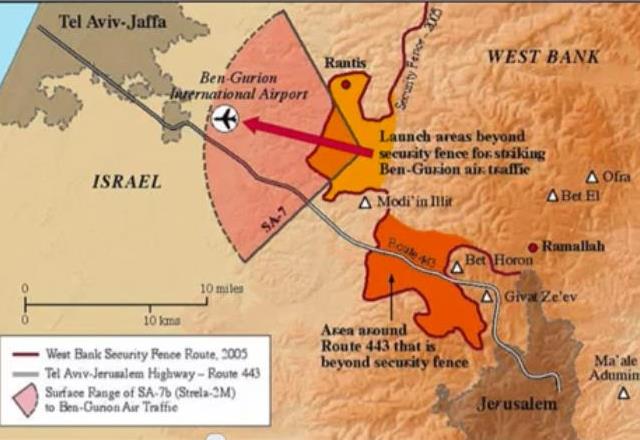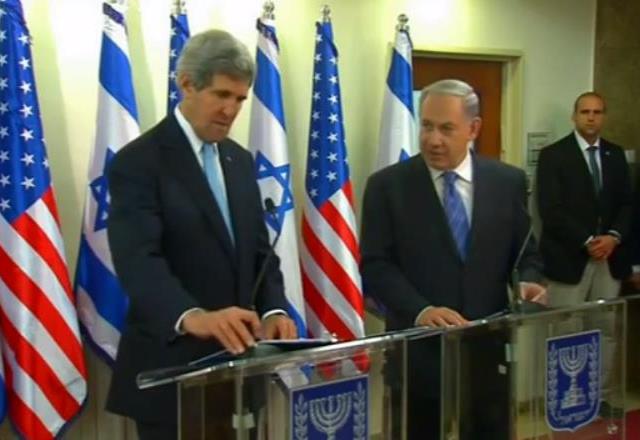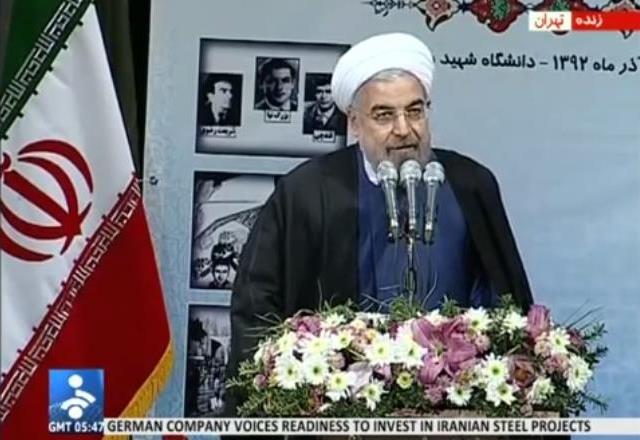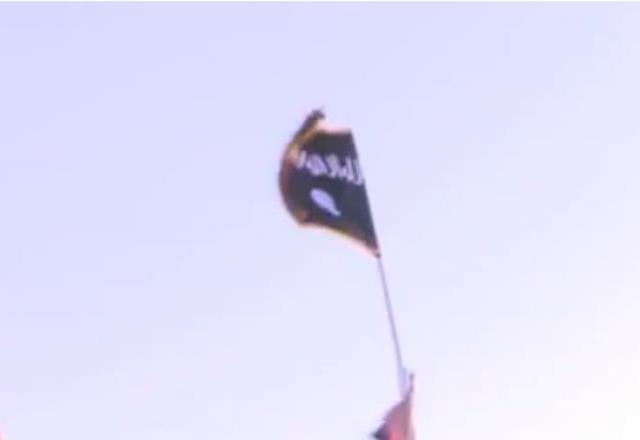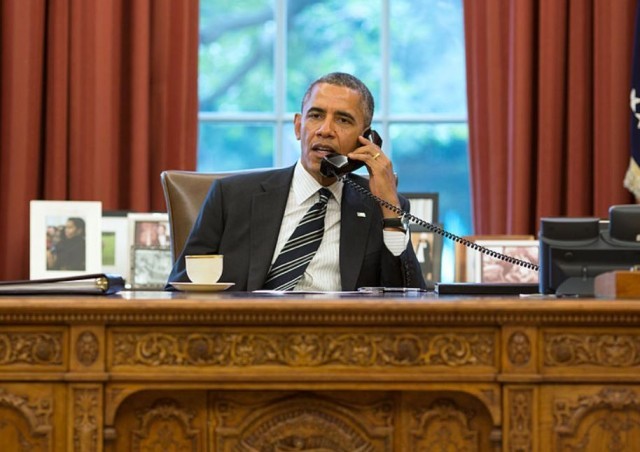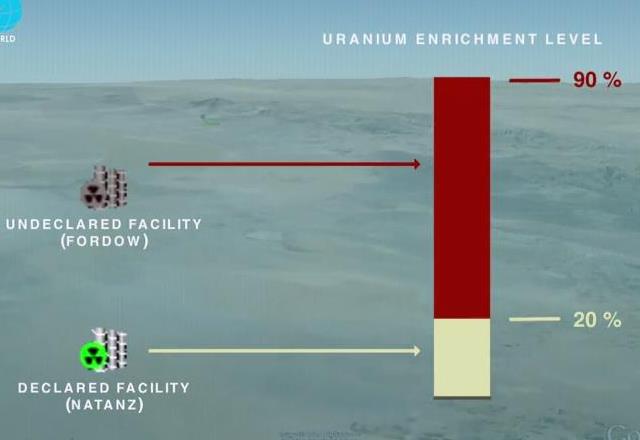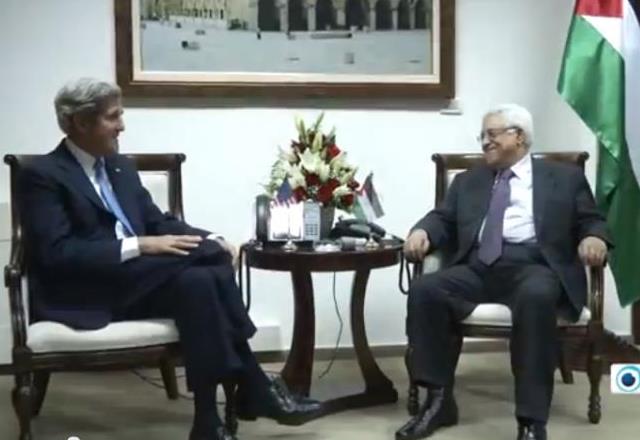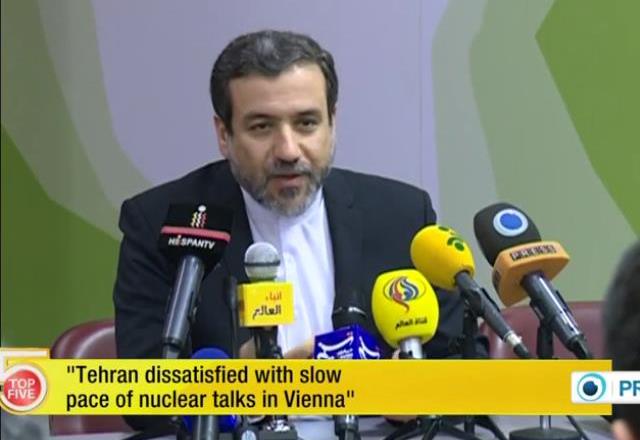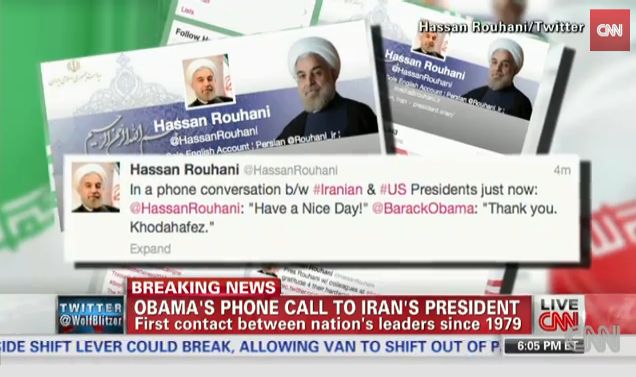The columnist Michael Kinsley is reputed to have said that "a gaffe is when a politician tells the truth."
Earlier this week an Israeli newspaper
leaked private comments that Israel's Defense Minister, Moshe (Bogie) Ya'alon made critical of Secretary of State John Kerry and expressing skepticism towards security guarantees proposed by Kerry:
"The American security plan presented to us is not worth the paper it's written on," Ya'alon said. "It contains no peace and no security. Only our continued presence in Judea and Samaria and the River Jordan will endure that Ben-Gurion Airport and Netanya don't become targets for rockets from every direction."
The
description of Kerry by Ya'alon as "... determined and acting out of misplaced obsession and messianic fervor..." has caused a diplomatic row, even though the comments were made privately.
The State Department expressed offense at Ya'alon's reputed remarks:
The remarks of the Defense Minister if accurate are offensive and inappropriate especially given all that the United States is doing to support Israel's security needs," State Department spokeswoman Jen Psaki said in a statement.
Given the heat he was taking, Ya'alon issued an apology asserting that he intended no offense.
(My Right Word reminds us that President Obama, a few years ago,
affirmed an ad hominem attack on Prime Minister Netanyahu made by then French-President Nicholas Sarkozy.)

